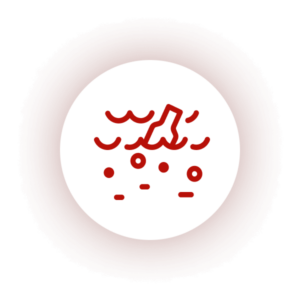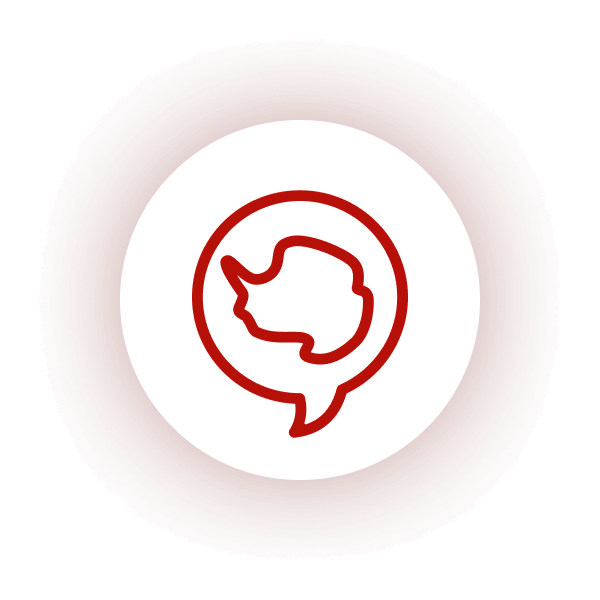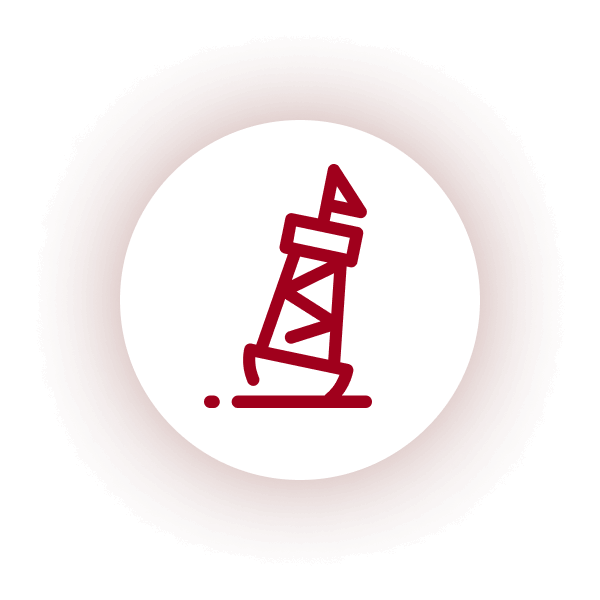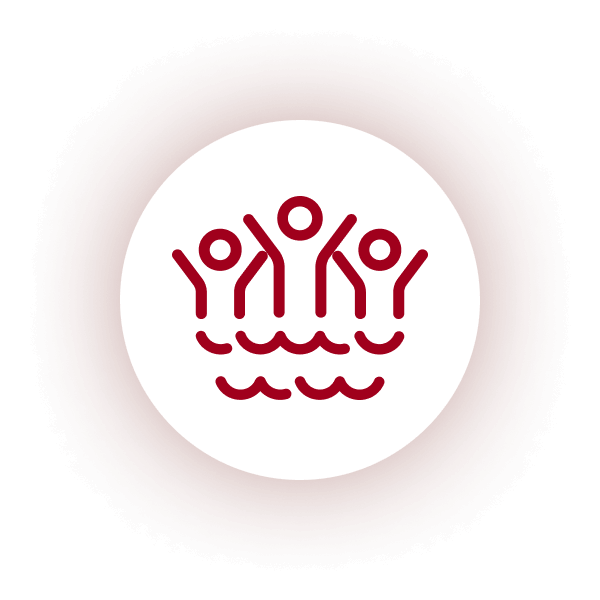Antarctica InSync
Antarctica International Science & Infrastructure for Synchronous Observation
Antarctica InSync is a global effort to synchronise research across Antarctica and the Southern Ocean, connecting ice, ocean, climate, and life to protect this vital region.
Latest News
Antarctica InSync webinars: presentation and community discussion of the draft White Papers
5th Australia–Japan Workshop on Antarctic Science
Antarctica InSync Concludes Successful International Planning Workshop in Frascati
The Antarctica InSync Science Planning Workshop |ESA ESRIN
Events
January 2026
20janAll Day16decFollow-up Webinar on Antarctica InSync Science Planning
Event Details
Antarctica InSync will host two global webinars on 20 & 21 January 2026 to present draft White Papers for scientific planning and invite feedback from
Event Details
Antarctica InSync will host two global webinars on 20 & 21 January 2026 to present draft White Papers for scientific planning and invite feedback from the wider scientific community. These events are designed to foster dialogue across the international science community and disciplines as the White Papers progress toward final publication.
Purpose of the webinars
The webinars will provide an overview of all draft White Papers released in late December on the SCAR website. The lead authors of the White Papers will summarise the scientific priorities and strategies for research activities during Antarctica InSync as presented in each document. Participants are invited to engage in a moderated discussion and offer comments that can guide the next phase of refinement.
White Papers presented
The webinar programme will cover the following Antarctica InSync White Papers:
- Overarching White Paper on Impact and Policy
- Thematic White Papers
- Southern Ocean and Antarctic heat, freshwater, carbon and other element cycles under climate change
- Rapid sea-ice decline: causes and consequences
- Melting ice sheets and ice shelves, and coastal impacts
- Knowledge and protection of unique Antarctic life: land, ocean, and deep sea
- Anthropogenic signatures in Antarctica: pollution and other pressures
- Aerosol–cloud interactions and radiative feedbacks
- Climate variability: extremes, weather, long-term variability, and global teleconnections
- Cross-cutting White Paper on Earth Observation
Additional cross-cutting groups are welcome to contribute White Papers and may be included in the programme.
Event dates and times
To maximise accessibility across time zones, the webinars will be held in two sessions:
· 20 January 2026, 17:00–19:00 (CET)
· 21 January 2026, 09:00–11:00 (CET)
Participants may join either or both sessions.
Time
Organizer
February 2026
28febAll Day09marSaroma Sea Ice School 2026By BEPSII, CIce2Clouds, CATCH
Event Details
DESCRIPTION Saroma Sea Ice School 2026 is designed for early-career scientists (preferably Ph.D students, but master students and early post-docs are also eligible to apply)
Event Details
DESCRIPTION
Saroma Sea Ice School 2026 is designed for early-career scientists (preferably Ph.D students, but master students and early post-docs are also eligible to apply) interested in exploring the complex interactions between sea ice, snow, clouds, and aerosols in polar regions.
Participants will engage in hands-on data collection such as sea ice coring, snow, seawater, atmospheric samplings, field experiments, and workshops led by experts, focusing on processes critical to the Arctic and Antarctic climate systems. Key topics include aerosol-cloud interactions, ice-atmosphere linkages, and cutting-edge observational techniques.
The program combines classroom lectures, practical fieldwork, and data analysis, comprehensively understanding these vital Earth system processes and fostering interdisciplinary collaboration. Saroma Sea Ice School 2026 is preparation for next generation scientists for the International Polar Year. The BEPSII, CIce2Clouds, and CATCH working groups are organizing this winter field school.
SCIENTIFIC PROGRAM (planning)
Frontal lectures, daily field and lab work on topics such as:
· Sea ice and snow physics and biogeochemical processes
· Sea ice biogeochemical modelling:
· Gas fluxes at the ocean–ice–atmosphere interfaces
· Primary and secondary aerosols in the sea ice environment
· Atmospheric observation and modelling
· Clouds formation in polar marine boundary layer
· Interactions with underlying water
· Sea ice one day cruise with ice breaker Aurora in Abashiri
TARGET
About 30 international Early Career Scientists (preferably Ph.D students, but master students and early post-docs are also eligible to apply).
LECTURERS (planning)
· Daiki Nomura (Hokkaido University, Japan)
· Naoya Kanna (University of Tokyo, Japan)
· Takenobu Toyota (Hokkaido University, Japan)
· Jessie Creamean (Colorado State University, USA)
· Jennie Thomas (Institut des Géosciences de l’Environnement, France)
· Lisa Miller (Institute of Ocean Sciences, Canada)
· Emelia Chamberlain (Woods Hole Oceanographic Institution, USA)
· Nadja Steiner (Institute of Ocean Sciences, Canada)
· Letizia Tedesco (Finnish Environment Institute, Finland)
· Yannick Ilunga (Digital Communication and Marketing Expert, Finland)
· Bruno Delille (University of Liège, Belgium)
· Emiliano Cimoli (Hokkaido University, Japan)
· Odile Crabeck (University of Liège, Belgium)
· Pat Wongpan (University of Tasmania, Australia)
· Karley Campbel (UiT The Arctic University of Norway, Norway)
· Brent Else (University of Calgary, Canada)
· Anoop Mahajan (Indian Institute of Tropical Meteorology, India)
· Megan Willis (Colorado State University, USA)
· Eeva Eronen-Rasumus (Finnish Environment Institute, Finland)
· Jacqueline Stefels (University of Groningen, Netherlands)
· Paul Zieger (Stockholm University, Sweeden)
· Sakiko Ishino (Kanazawa University, Japan)
· Hakase Hayashida (JAMSTEC, Japan)
· Keiichiro Hara (Fukuoka University, Japan)
Time
Location
Hokkaido, Japan
Organizer
March 2026
28febAll Day09marSaroma Sea Ice School 2026By BEPSII, CIce2Clouds, CATCH
Event Details
DESCRIPTION Saroma Sea Ice School 2026 is designed for early-career scientists (preferably Ph.D students, but master students and early post-docs are also eligible to apply)
Event Details
DESCRIPTION
Saroma Sea Ice School 2026 is designed for early-career scientists (preferably Ph.D students, but master students and early post-docs are also eligible to apply) interested in exploring the complex interactions between sea ice, snow, clouds, and aerosols in polar regions.
Participants will engage in hands-on data collection such as sea ice coring, snow, seawater, atmospheric samplings, field experiments, and workshops led by experts, focusing on processes critical to the Arctic and Antarctic climate systems. Key topics include aerosol-cloud interactions, ice-atmosphere linkages, and cutting-edge observational techniques.
The program combines classroom lectures, practical fieldwork, and data analysis, comprehensively understanding these vital Earth system processes and fostering interdisciplinary collaboration. Saroma Sea Ice School 2026 is preparation for next generation scientists for the International Polar Year. The BEPSII, CIce2Clouds, and CATCH working groups are organizing this winter field school.
SCIENTIFIC PROGRAM (planning)
Frontal lectures, daily field and lab work on topics such as:
· Sea ice and snow physics and biogeochemical processes
· Sea ice biogeochemical modelling:
· Gas fluxes at the ocean–ice–atmosphere interfaces
· Primary and secondary aerosols in the sea ice environment
· Atmospheric observation and modelling
· Clouds formation in polar marine boundary layer
· Interactions with underlying water
· Sea ice one day cruise with ice breaker Aurora in Abashiri
TARGET
About 30 international Early Career Scientists (preferably Ph.D students, but master students and early post-docs are also eligible to apply).
LECTURERS (planning)
· Daiki Nomura (Hokkaido University, Japan)
· Naoya Kanna (University of Tokyo, Japan)
· Takenobu Toyota (Hokkaido University, Japan)
· Jessie Creamean (Colorado State University, USA)
· Jennie Thomas (Institut des Géosciences de l’Environnement, France)
· Lisa Miller (Institute of Ocean Sciences, Canada)
· Emelia Chamberlain (Woods Hole Oceanographic Institution, USA)
· Nadja Steiner (Institute of Ocean Sciences, Canada)
· Letizia Tedesco (Finnish Environment Institute, Finland)
· Yannick Ilunga (Digital Communication and Marketing Expert, Finland)
· Bruno Delille (University of Liège, Belgium)
· Emiliano Cimoli (Hokkaido University, Japan)
· Odile Crabeck (University of Liège, Belgium)
· Pat Wongpan (University of Tasmania, Australia)
· Karley Campbel (UiT The Arctic University of Norway, Norway)
· Brent Else (University of Calgary, Canada)
· Anoop Mahajan (Indian Institute of Tropical Meteorology, India)
· Megan Willis (Colorado State University, USA)
· Eeva Eronen-Rasumus (Finnish Environment Institute, Finland)
· Jacqueline Stefels (University of Groningen, Netherlands)
· Paul Zieger (Stockholm University, Sweeden)
· Sakiko Ishino (Kanazawa University, Japan)
· Hakase Hayashida (JAMSTEC, Japan)
· Keiichiro Hara (Fukuoka University, Japan)
Time
Location
Hokkaido, Japan
Organizer
Browse our Themes

Southern Ocean and Antarctic heat, freshwater, carbon and elements cycles and their response to climate change

Rapid sea ice decline and its causes and consequences

Melting ice sheets and ice shelves and coastal impacts

Improving knowledge and protection of the unique Antarctic life: from land to ocean and into the deep sea

Anthropogenic signatures in Antarctica: the race against pollution and other pressures
UN Ocean Decade Challenges

Understand and beat marine pollution

Protect and restore ecosystems and biodiversity

Unlock ocean-based solutions to climate change

Expand the Global Ocean Observing System

Create a digital representation of the ocean

Change humanity’s relationship with the ocean
Join us in this journey
We invite members of Antarctic research institutions, international science frameworks, policy stakeholders, NGOs, foundations, and industry partners to join us in this endeavor. Together, we can leverage our collective expertise and resources to advance understanding, protection and stewardship of Antarctica and the Southern Ocean.
10 Years.
10 Challenges.
1 Ocean.

A Science Mission for Antarctica and the Southern Ocean as a contribution to the UN Ocean Decade
2024-2026 preparatory phase >>> 2027-2030 field phase
Antarctica InSync proposes a joint, multidisciplinary science programme in Antarctica and the Southern Ocean. This programme aims to create synergies between national Antarctic programs for synchronous observation, addressing key knowledge gaps and contributing to the goals of the UN Ocean Decade.





